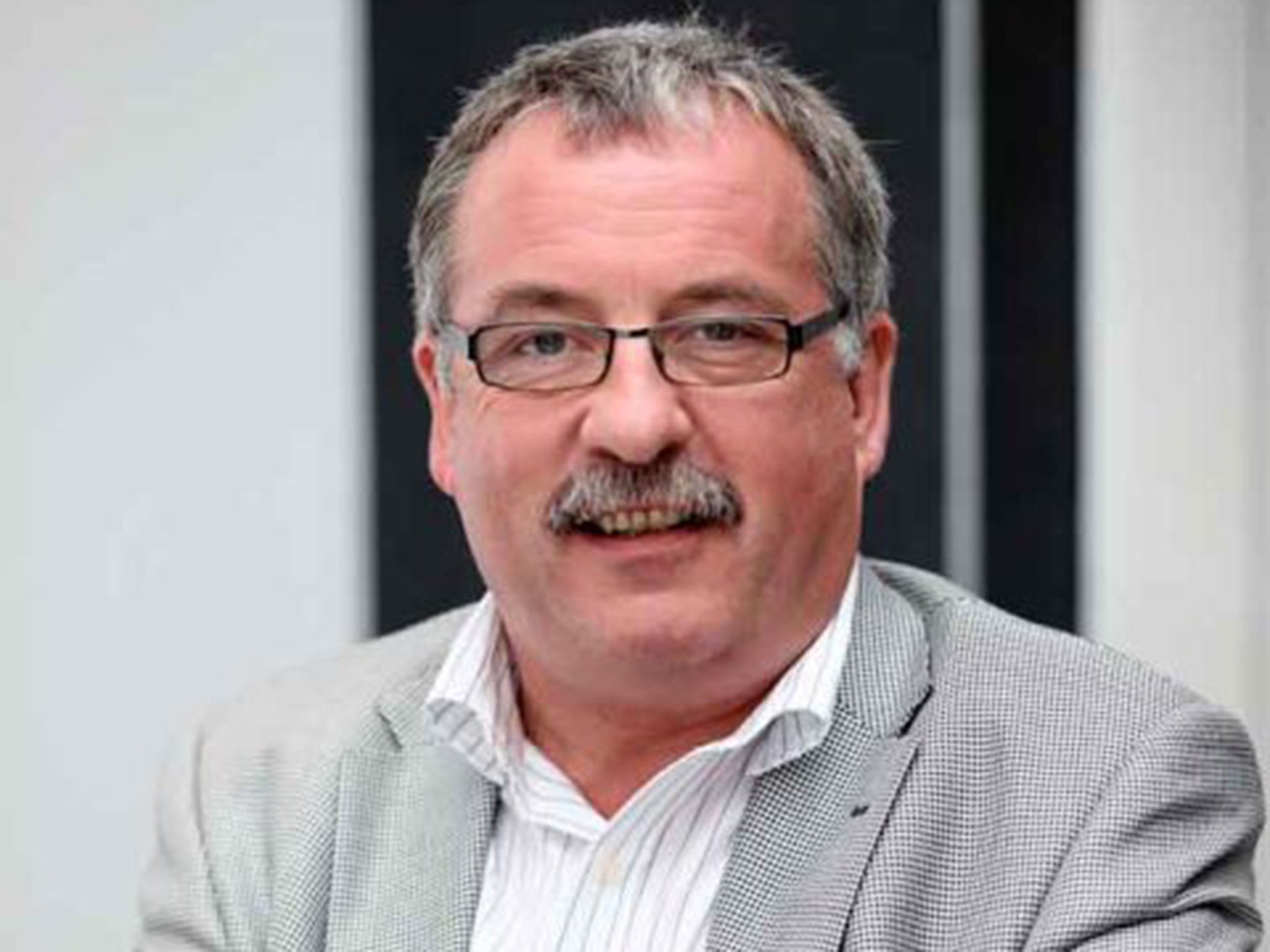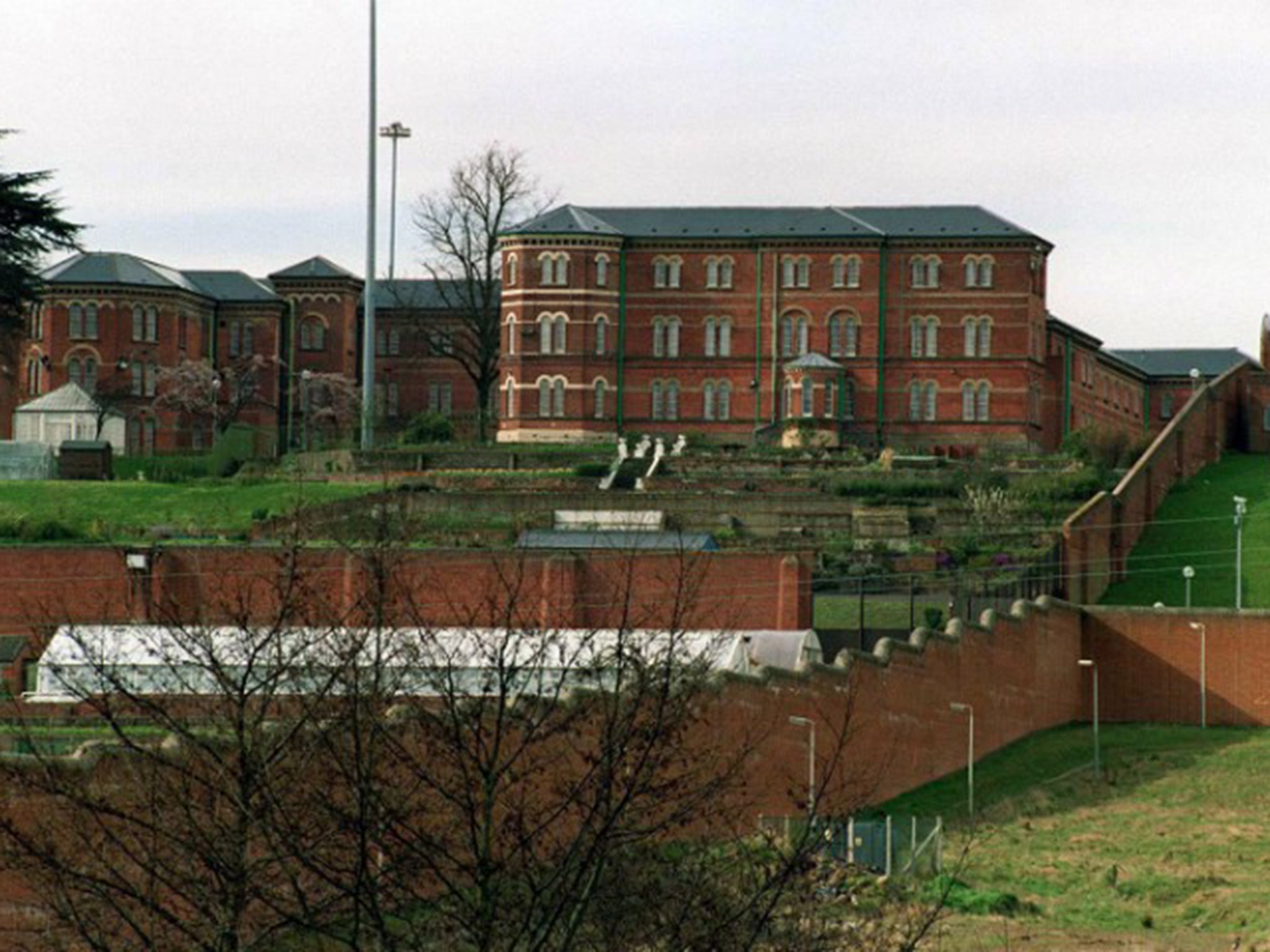Chief of NHS mental health trust that controls Broadmoor leaves post amid string of controversies
Steve Shrubb announced his decision two days after a CQC inspection

Your support helps us to tell the story
From reproductive rights to climate change to Big Tech, The Independent is on the ground when the story is developing. Whether it's investigating the financials of Elon Musk's pro-Trump PAC or producing our latest documentary, 'The A Word', which shines a light on the American women fighting for reproductive rights, we know how important it is to parse out the facts from the messaging.
At such a critical moment in US history, we need reporters on the ground. Your donation allows us to keep sending journalists to speak to both sides of the story.
The Independent is trusted by Americans across the entire political spectrum. And unlike many other quality news outlets, we choose not to lock Americans out of our reporting and analysis with paywalls. We believe quality journalism should be available to everyone, paid for by those who can afford it.
Your support makes all the difference.The chief executive of the country’s largest mental health trust is leaving his post amid a series of controversies.
Since he arrived in June 2012, Steve Shrubb has presided over an ongoing battle with a former whistleblower, poor performances in Care Quality Commission (CQC) inspections, allegations of managerial bullying, and a lengthy counter-fraud investigation into a near £4m overspend which resulted in the scrapping of clinical projects.
Mr Shrubb announced he is leaving the West London Mental Health NHS Trust just days after a major CQC inspection – but at least two months before the regulator’s report. He said he is leaving to become a carer for his elderly parents. His retirement starts from 20 November.
The trust, which has Broadmoor high-security hospital among its 32 sites, still refuses to publish the findings of its “independent investigation” into how a £3.9m black hole developed in the capital, estates and facilities department.

Last week, the trust refused a request by The IoS for a copy of the report under Freedom of Information law. It says it is exempt from disclosure because the report contains personal data and “information received from third parties” that, if published, would expose the trust to “an actionable breach of confidence”.
Dr Hayley Dare, a former clinical psychologist who blew the whistle on the trust, will have her appeal heard in August against an employment tribunal ruling that found against her on a legal technicality which no longer exists.
Dr Dare said she was bullied after speaking out against a management culture that she said was having a detrimental effect on patient care. She lost the case last November because, according to the tribunal, she had not made her disclosures “in good faith”, a provision that whistleblowers no longer have to satisfy. The trust then pursued Dr Dare, who had an unblemished 20-year NHS career, for almost £100,000 in costs.
A trust spokeswoman said: “Steve’s decision to retire has nothing to do with our recent CQC inspection ... No immediate safety concerns were raised by the CQC team during our inspection week and we now await the full feedback report.”
Join our commenting forum
Join thought-provoking conversations, follow other Independent readers and see their replies
Comments